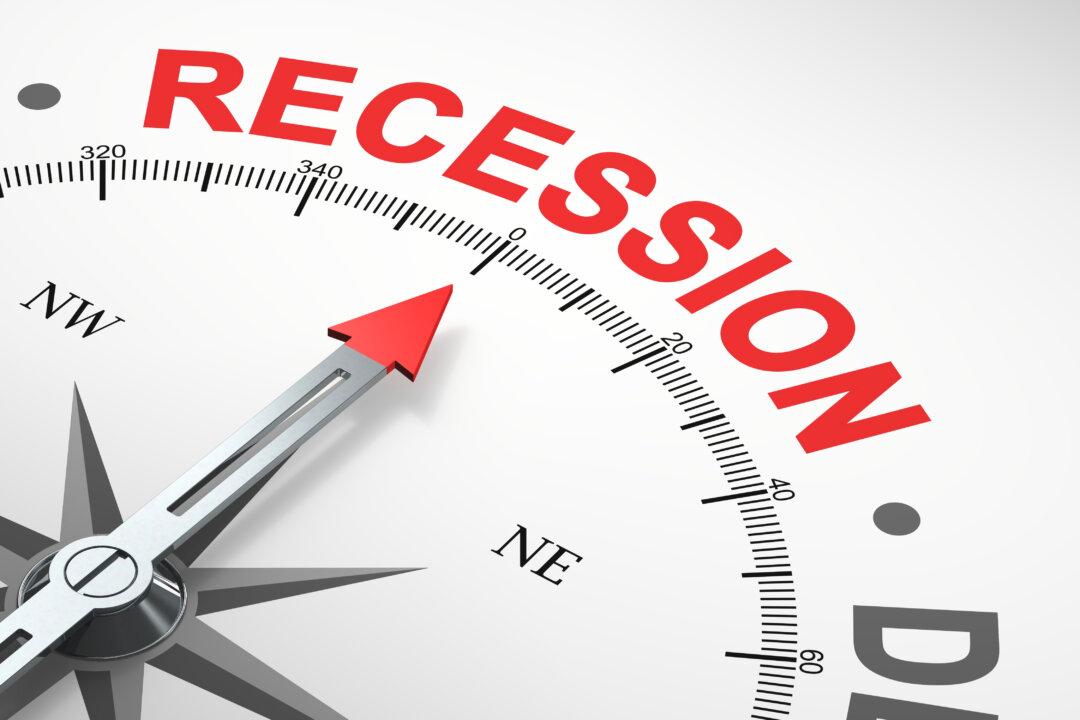Commentary
You know it’s going to happen. The Biden administration spent months saying there will be no recession. When it finally showed in the technical data, they said that it wasn’t true. It’s only a matter of time before they admit that it’s here, at which point, they will claim it’s a good thing.





